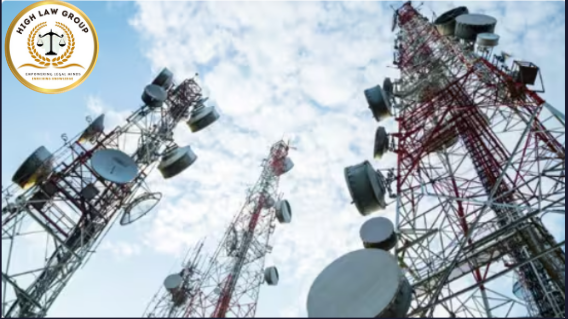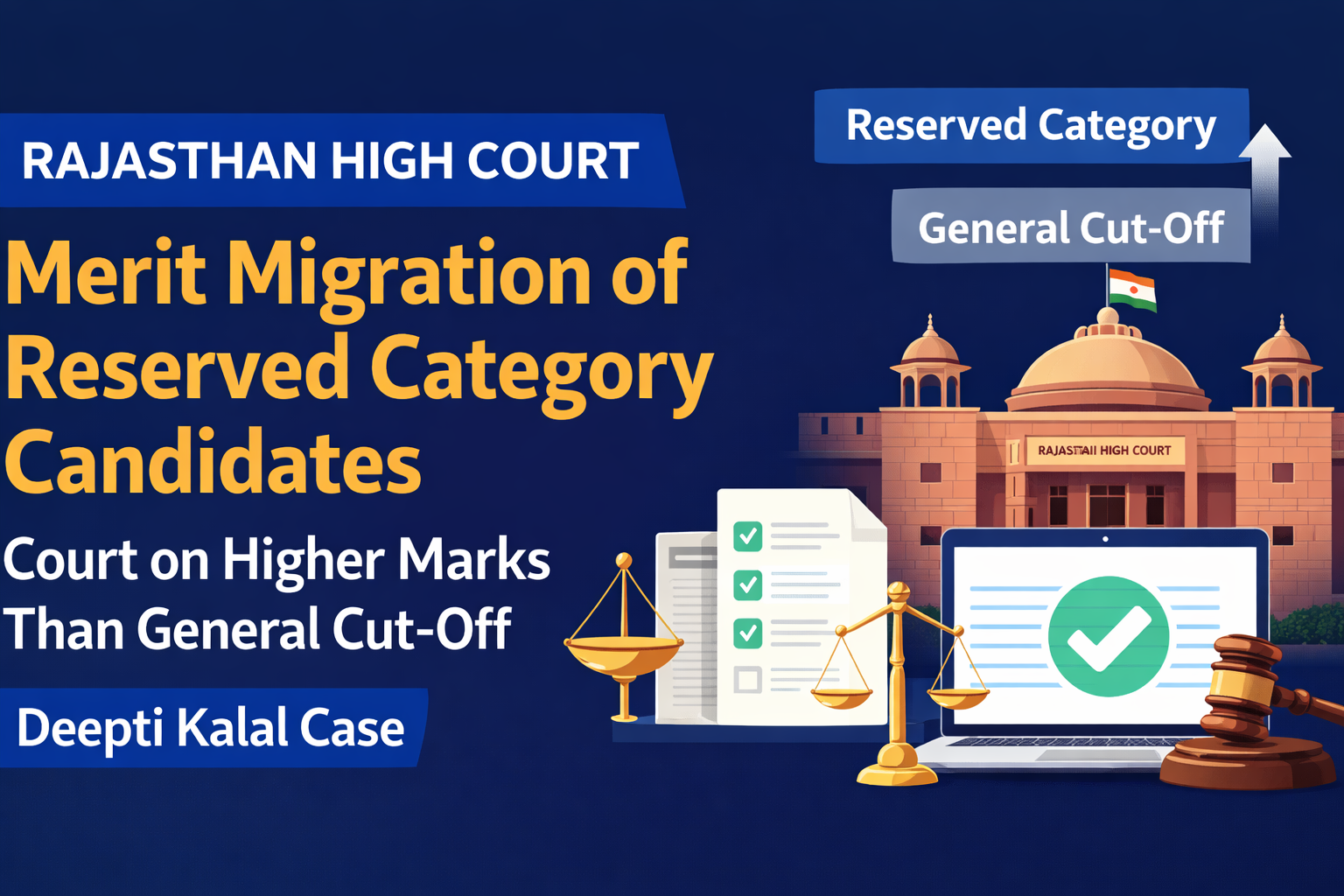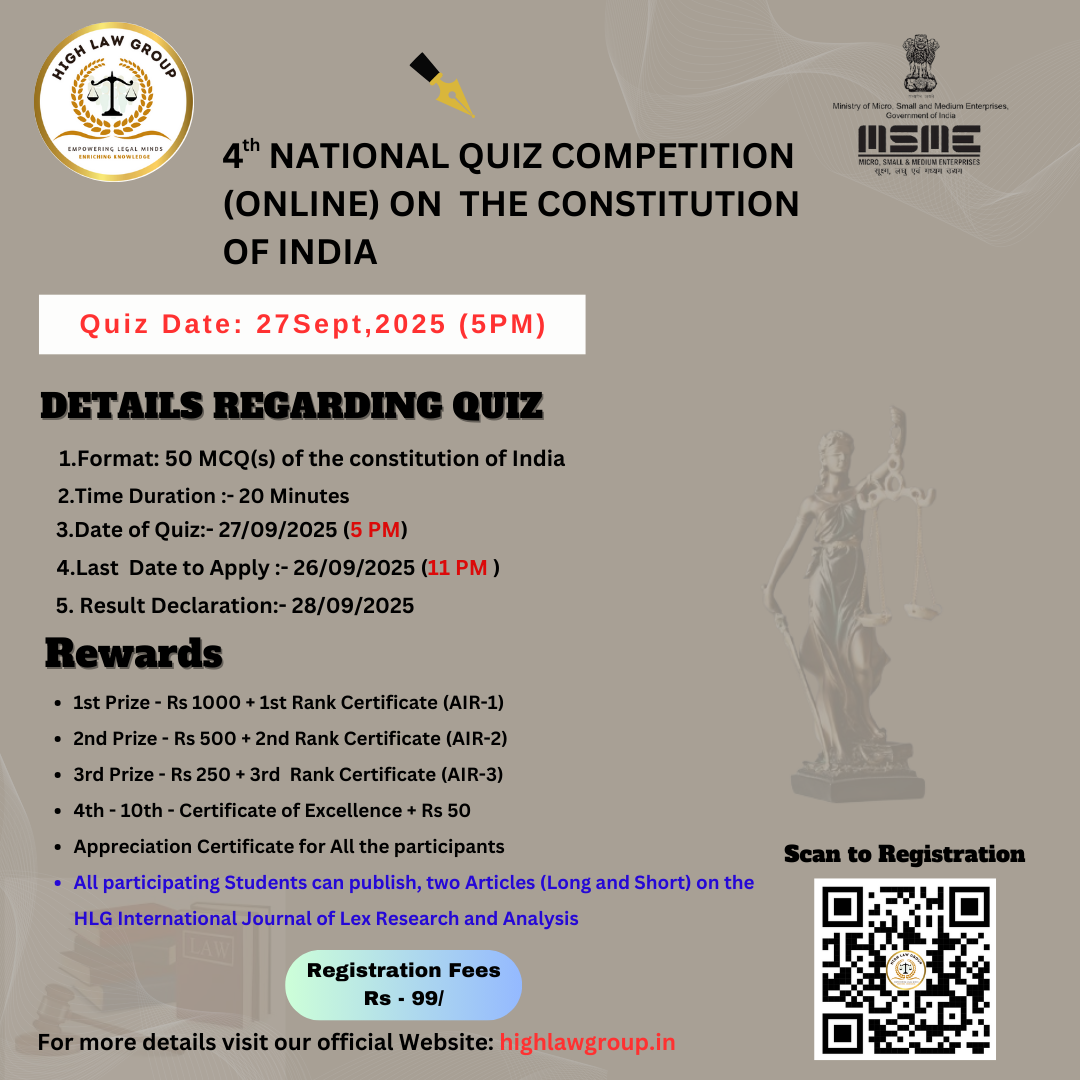Telecom Law Telecommunications Act 2023 to come into effect from 26 Jun 2024
More than half of the 62 sections (39 sections) of the Telecommunications Act, 2023, will kick into effect from Wednesday, 26 June. Sections 1, 2, 10 to 30, 42 to 44, 46, 47, 50 to 58, 61, and 62 of the Act, passed in Parliament last December, will come into force from Wednesday, except for readability.

These segments aim to establish a robust legal support. Infrastructure framework that development, enhances national security, promotes innovation, and protects consumer interests.
The Telecommunications Act, 2023, will repeal the Indian Telegraph Act, 1885, the Indian Wireless Telegraph Act, 1933, and the Telegraph Wires (Unlawful Possession) Act, 195, owing to huge technical advancements in the telecom sector and technologies.
The Telecom Act was passe by both the Houses during the Winter Session in December last year. And it received presidential assent the same month. The new law provides clarity on definitions and legal which reduce frameworks, uncertainty.
Consumers can potentially benefit from improved network coverage due to easier infrastructure installation enabled by right of way rules. The Universal Service Obligation Fund will drive service improvement in underserve area. Providing better protection from spam and implementing a system to address public grievances.
The 39 sections that come into effect on 26 June include definitions that provide clarity to industry. Investors on the right of way framework for easier infrastructure installation. To telecom Government can give permission to companies to install mobile towers or draw telecom cables in private properties despite objections from the land owner.
The rule gives powers to the government to instruct telecom firms to intercept as well as block messages and calls when national security is under threat or during an emergency. However, messages sent for news purposes by journalists having state and Central accreditation cannot be brought under surveillance.
Even then, the messages and calls by accredite media – persons could be monitore and blocke, if their news reports pose a threat to national security
More read Legal News
One section enables the Centre to take control of any telecom service in the event of an emergency on grounds of security. Public order or prevention of offences.
Crucially, Section 20 ( 2 ) of the Act allows the government to stop the transmission of any message in the interest of public safety and during a public emergency .
This majorly expands the number of government entities that may be able to intercept messages. The same section allows the Centre or states to take temporary possession of any telecom service or network during a public emergency , including disaster management , or in the interest of public safety .
Telecom services may be suspend, and temporary possession of infrastructure can occur during public emergencies.
Rules related to standards for telecom security and innovation. Public safety measures and expanding the Universal Service Obligation Fund meant to bring connectivity to areas lacking network coverage will also come into effect.
The government will create infrastructure in rural and remote telecom areas of the country using funds gathered through the universal service levy imposed on telecom service operators. This fund will be known as Digital Bharat Nidhi under sections 24 to 26.
If a telecom company sends commercial messages without the user’s consent. Authorities will fine the company up to 2 lakh rupees and may also ban it from providing services. Additionally, the government will implement an online dispute resolution framework for grievance redressal and consumer protection measures from spam.
Section 28 of the Act also cracks down on spam . Getting prior consent from subscribers to receive advertising messages. And establishing Do Not Disturb registers have been make mandatory for operators.
The new provisions in the Telecommunications Act 2023, including restrictions on the number of SIM cards an individual can use at a time, will come into effect on June 26.
According to the notification issued by the Central government in this regard. One person can have a maximum of only nine SIM cards in his / her name . http://Telecom Law
Meanwhile, the government has limited the number to six for residents of Jammu and Kashmir and the northeastern states.
Anyone using more than the stipulated number of SIM cards. From June 26 could invite a fine of Rs 50,000 to 2 lakh.
Punishment
While the fine would be Rs 50,000 for a first – time breach of the law. The amount would increase to Rs 2 lakh for every repeat violation.
If someone obtains a SIM card by deceiving someone and using their identification documents. They could face a penalty of three years of imprisonment, a fine of up to 50 lakh rupees, or both.
The government will implement the much-awaited provisions dealing with the administrative allocation of satellite spectrum. The mandatory biometric verification of users by telcos, and a smoother telecom dispute resolution mechanism at a later date.






Leave a Reply